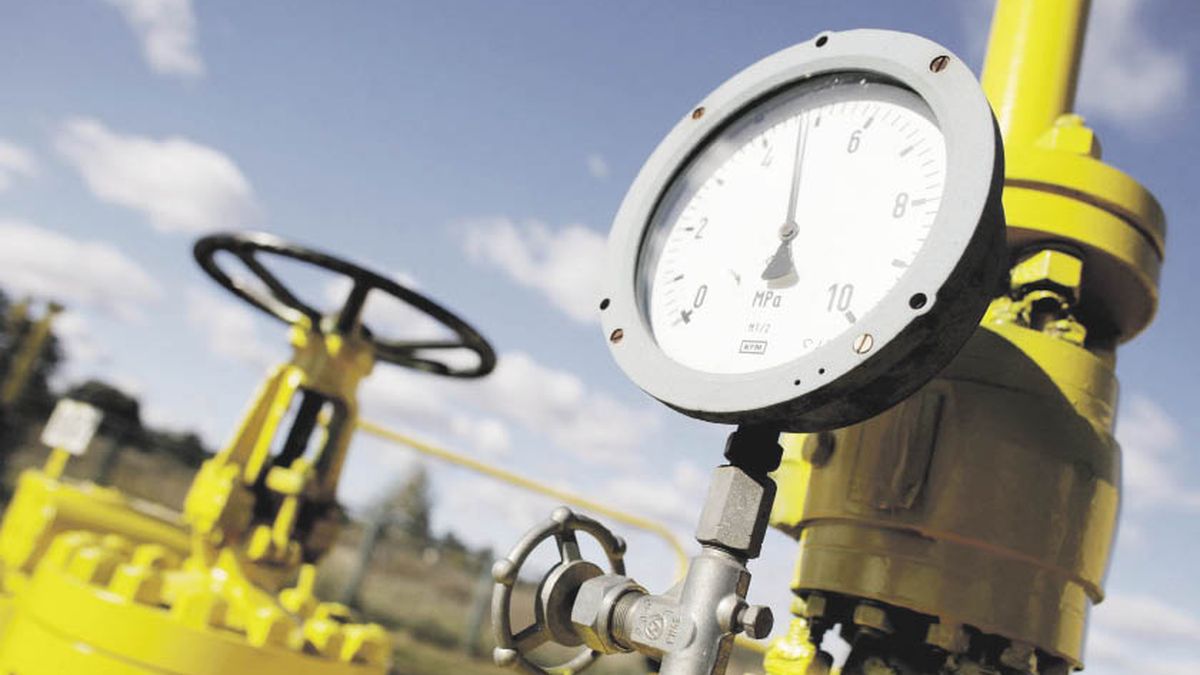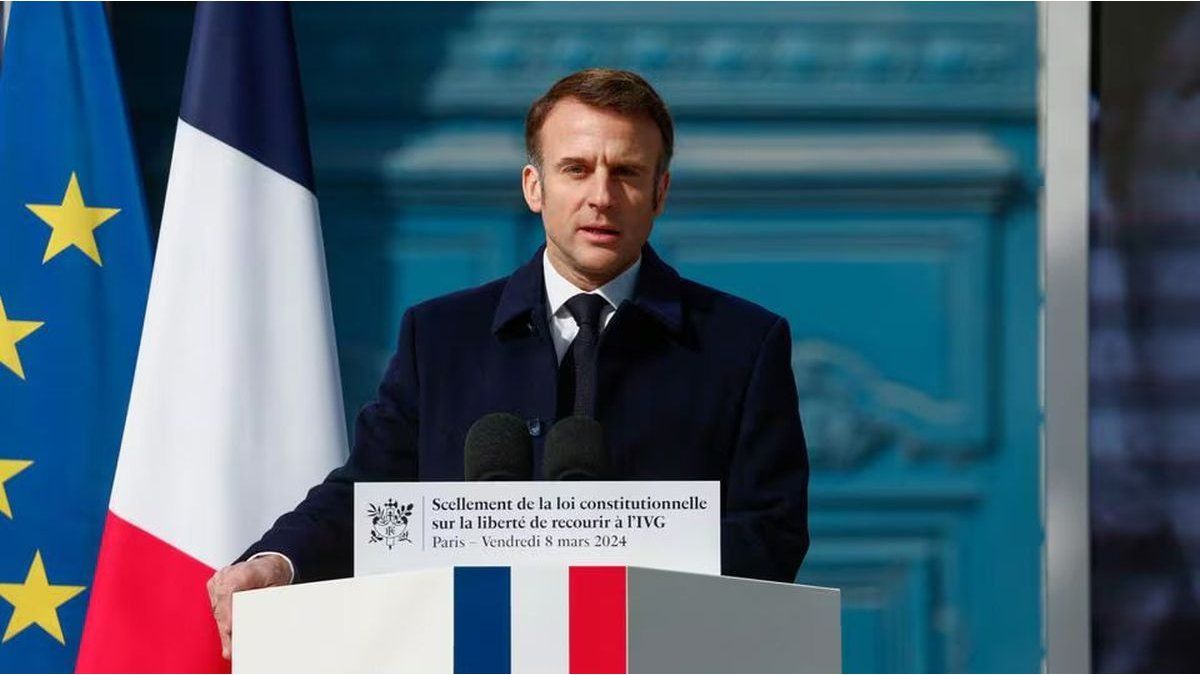witness case
The country that most harshly suffers these checks is Germany, the most dependent on Russian fuels among those with the most developed economy. According to 2020 data from Eurostat (European Statistical Office, dependent on the European Commission, the executive body of the EU), it is the seventh most exposed country: behind Latvia, the Czech Republic, Hungary, Slovakia, Bulgaria and Finland, Germany appears with more than 65% of its gas imports from Russia.
The war liquidated the Nord Stream II gas pipeline, laid across more than 1,200 kilometers in the Baltic Sea with an investment of 12,000 million dollars and which would have allowed shipments to Germany to double. Forced to drop the authorization for the pipeline –already completed– to begin operating, Social Democratic Chancellor Olaf Scholz precipitated the bankruptcy of the operating company, which led in March to a definition as lethal as it was satisfied by Victoria Nuland, the undersecretary of Political Affairs of the US Department of State: “The Nord Stream is already dead; it is a piece of metal at the bottom of the sea.”
As the most dependent of the large European economies, Germany’s steps are advances of the near future, especially in the softer matter, oil. If in the run-up to the conflict, imports from Russia had already dropped to 55% of the total, since it broke out they have collapsed to 12%, Economy and Climate Minister Robert Habeck celebrated yesterday. “We are making a big effort to reduce fossil fuel purchases from Russia,” he said. The goal, he added, is to bring oil and coal imports to zero by the end of the year.
Panorama
In the hard subject, gas, Berlin increased orders to Norway and the Netherlands, in addition to increasing those to increase, from other origins, those of liquefied natural gas (LNG); in the latter lies the profound change in the making for the market and the opportunities for new players, rich in resources, as is the case of Argentina with the unconventional deposits of Vaca Muerta. Acquisitions from Russia should end by 2024.
The price you pay for conversion is not low. The German GDP – the axis of European activity – grew just 0.2% in the first quarter, which puts a possible recession just around the corner. Meanwhile, the rise in energy costs kept year-on-year inflation in April at 7.4%, a level not seen since reunification in 1990.
Despite everything, there will soon be strong news. With Kremlin troops attacking deep into eastern and southern Ukraine – with the purpose, already confessed by members of his high command, of slicing a waning quarter deep into that country and bringing the western reaches of Great Russia into the breakaway region Moldova of Transnistria -, Europe accelerates the times of its disconnection.
Goal
The High Representative for Foreign Affairs of the EU (Chancellor), Josep Borrell, said yesterday that “a new package of sanctions, which is being prepared, is absolutely essential.” This, he added, “inevitably has to plug the gaps that have not yet been closed in the previous packages.” In the midst of fights and with the United States and the countries of Eastern Europe – those who suffer more from the fear of a Russian imperialism that they know well than from energy dependence – oil would be the new target. The standard-bearers of this harshness are Poland and Bulgaria, the first countries to have Gazprom turn off the faucet for refusing to pay the rubles… or simply to pay, given that the previous modality leaves blocked euros that have no way of reaching a Central Bank. of Russia that has half of its assets frozen by Western sanctions.
While Russian gas shipments to the EU plummeted 27% between January and April compared to the first quarter of last year, the companies and countries that walk on the thinnest thread are pressing for the European Commission to bless some shortcut that allows them to pay in rubles – and maintain supply – without waiving sanctions.
The EU is set to move against Russian crude this week, but is fatally divided on what to do with the gas. The refusal to give in and pay for this input in rubles is a litmus test, one that the cases of Poland and Bulgaria clearly bring to the fore. If these countries received until now 50% and 75%, respectively, of their consumption from Russia, for now – just for now – they avoid serious economic and social rationing due to the triangulations that other European countries facilitate through the Internet. common.
The question is cruel: what would happen if the tap were turned off for the countries that still have reserves to share?
Source: Ambito
David William is a talented author who has made a name for himself in the world of writing. He is a professional author who writes on a wide range of topics, from general interest to opinion news. David is currently working as a writer at 24 hours worlds where he brings his unique perspective and in-depth research to his articles, making them both informative and engaging.




